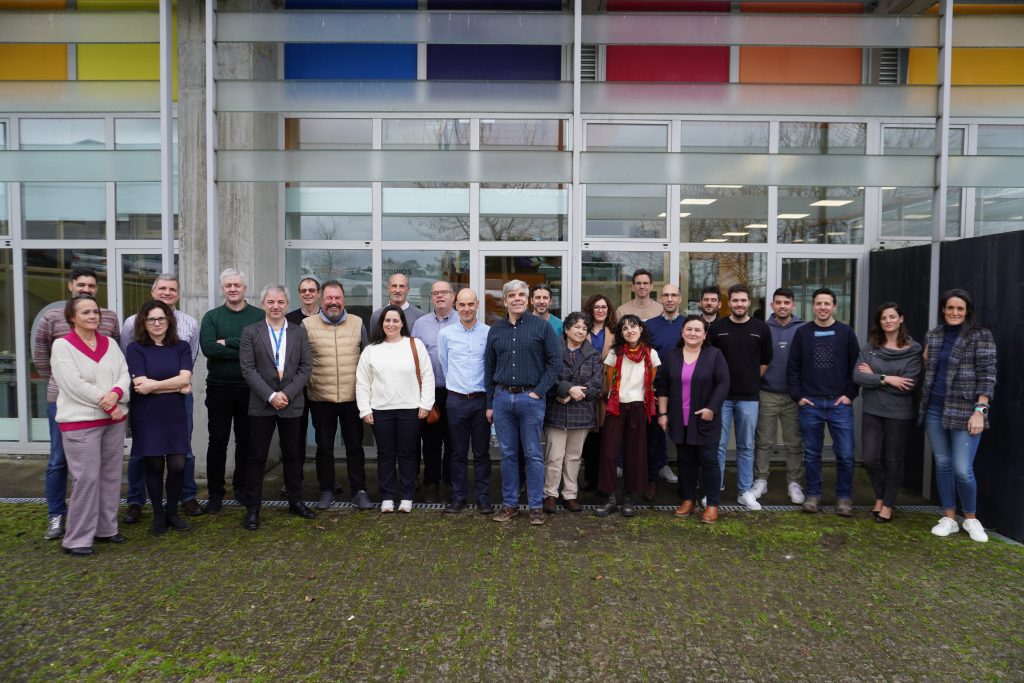
ONCE and CITIC of the Universidade da Coruña join forces to explore technological solutions that contribute to improving the lives of people with visual disabilities
- Researchers from the Center for Research in Information and Communication Technologies (CITIC) of UDC and members of ONCE conducted a workshop where they connected the organization’s needs with the technologies developed at CITIC.
- Experience in industrial robotics, outdoor localization, and the applicability of AI in logistics or distribution were some of the topics addressed through four working groups involving nearly twenty researchers and six members of ONCE.
A Coruña, January 24, 2024.- The Center for Research in Information Technologies (CITIC) of the Universidade da Coruña and ONCE held a working session to explore technological solutions to improve the lives of people with visual disabilities and optimize processes through the application of AI, robotics, or virtual reality scenarios. The meeting is part of the ONCE INNOVA initiative, ONCE’s innovation lab, which promotes collaborative work and the generation of strategic alliances to create exchange spaces for inclusive innovation and the development of knowledge in new technologies.
In the workshop, held at CITIC, six members from different areas of ONCE and fifteen researchers from CITIC participated, connecting the organization’s innovation needs with the technologies developed at the center through four working groups. The workshop, conducted using person-centered innovation methodologies, was held to find solutions to the use cases presented by ONCE, resulting from the analysis with the various involved business areas.
Four person profiles representing use cases applicable to ONCE areas, such as logistics, commercial, user experience in the healthcare field, or informed navigation, were used as a starting point.
The CITIC members who participated in the experience have profiles specialized in industrial robotics, sensing and automation, process modeling, and the application of AI in logistics and distribution plants. Other lines of work presented included proximity technologies, app development, diversity attention, as well as outdoor geolocation, artificial vision, depth cameras, and the application of Artificial Intelligence in real-time obstacle analysis. Additionally, sales analytics, geolocated information representation, population profile analysis, and real source acquisition were also discussed.
The UDC research center is a reference in the development of AI projects and the application of ICT in projects and initiatives aimed at promoting social inclusion, encouraging their use to improve the quality of life of people with disabilities, as in the case of the Talentos Inclusivos program.





